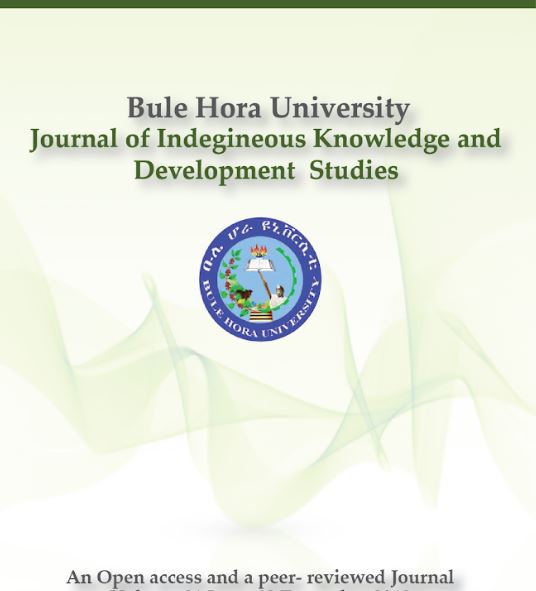The Effects of Task-Based Method on Paragraph Writing Performance among EFL University Learners
Keywords:
Basic writing skills, instruction, paragraph writing, performances, task-based methodAbstract
This research sought to investigate the effects of task-based methods on enhancing EFL learners' paragraph-writing
skills. A quasi-experimental research design was employed for this investigation. Specifically, a variant of the pretestposttest design; that is, the interrupted time-series design type was used in which the measurements were taken at
intervals of time. Thus, the treatment group participants were measured for their performances of writing on their
paragraphs each week for three months at controlled conditions and treatment time that the interruption was the
treatment. The design includes measurements of the dependent variable both before and after the treatment. It includes
multiple pretest and posttest measurements. Hence, there were parallel measurements on pretests and post-tests which
is four times on pretests and four times on post-tests. It brought effective results to the study. The sample comprised
forty-three (43) students majoring in management, selected through a comprehensive sampling technique. All
participants were placed in a single treatment group. Data collection involved administering pre-and post-tests,
conducted at two intervals: before and after the intervention. To analyze the data, the researcher employed various
tests, opting for a non-parametric approach due to the data not conforming to a normal distribution. The Wilcoxon
Signed-Rank Test was therefore employed as a suitable alternative in situations where the normal distribution of
differences between paired subjects cannot be assumed. It posits a less stringent hypothesis, suggesting that the
distribution of this difference is symmetric around a central value, and seeks to determine whether this central value
significantly deviates from zero. Thus, it was applied to assess the statistical differences in paragraph writing skills
between the pre- and post-intervention phases. The findings indicated that the treatment group through task-based
methods demonstrated superior performance in the post-intervention compared to their pre-intervention results.
Additionally, the Friedman test was employed to compare the observed significance within the post-tests. The mean
rank for task achievement was recorded at 3.91, signifying a more substantial improvement relative to other
components. In contrast, the mean ranks for cohesion and coherence, grammatical range, and lexical resource were
2.36, 1.88, and 1.85, respectively which indicated higher improvement to lower major rubrics. Notably, students
exhibited the most significant progress in task achievement, while cohesion and coherence, grammatical range and
accuracy, and lexical resource showed comparatively lesser advancements. Furthermore, improvements were also noted
in content, communicative achievement, organization, and vocabulary usage when compared with pre-test scores. Thus,
this study advocates for the integration of task-based methodologies that incorporate authentic, meaningful, and
focused linguistic elements as well as communicative writing components into teaching materials for basic writing
courses within the EFL context.
Downloads
Published
Issue
Section
License
Copyright (c) 2024 Bule Hora University

This work is licensed under a Creative Commons Attribution-NonCommercial 4.0 International License.

